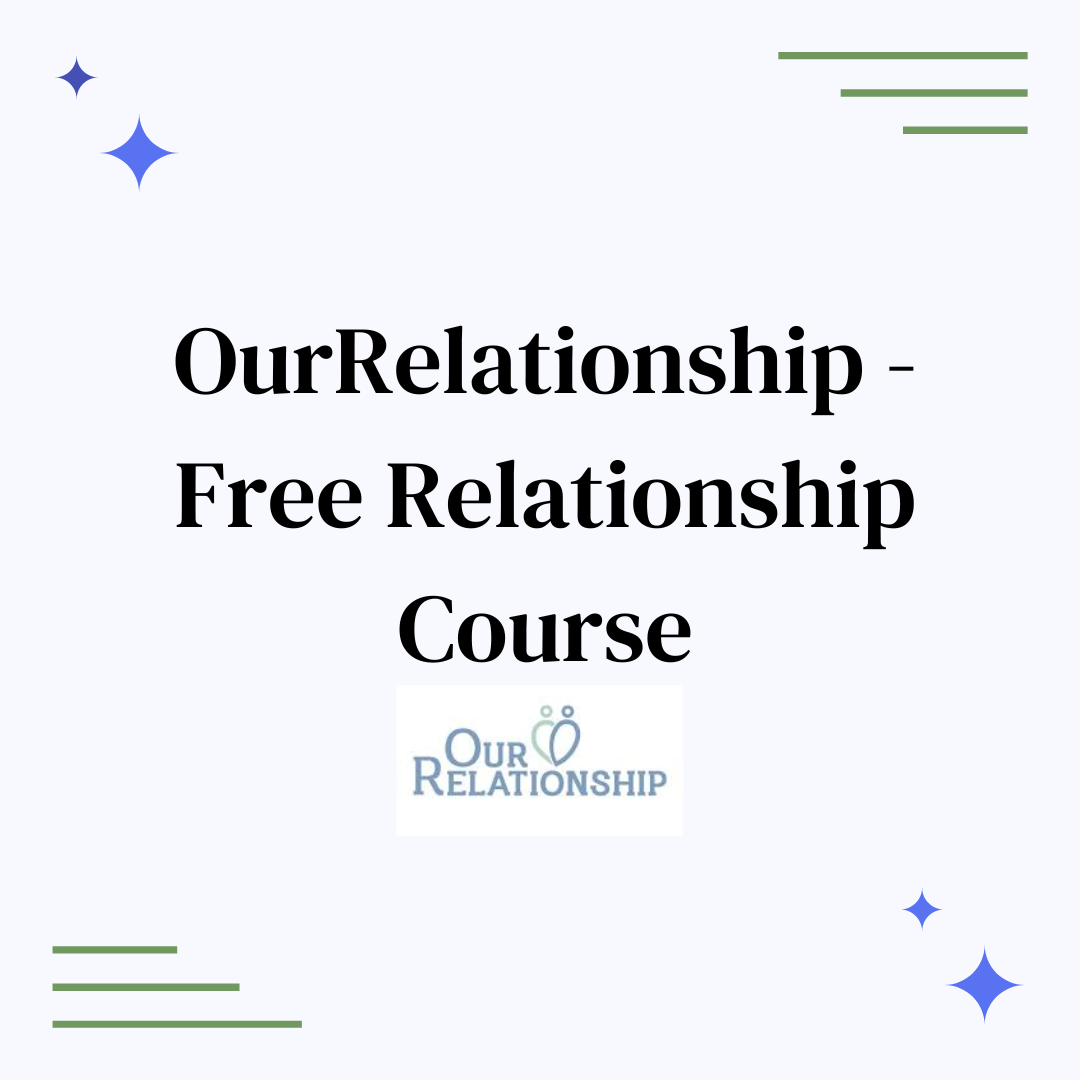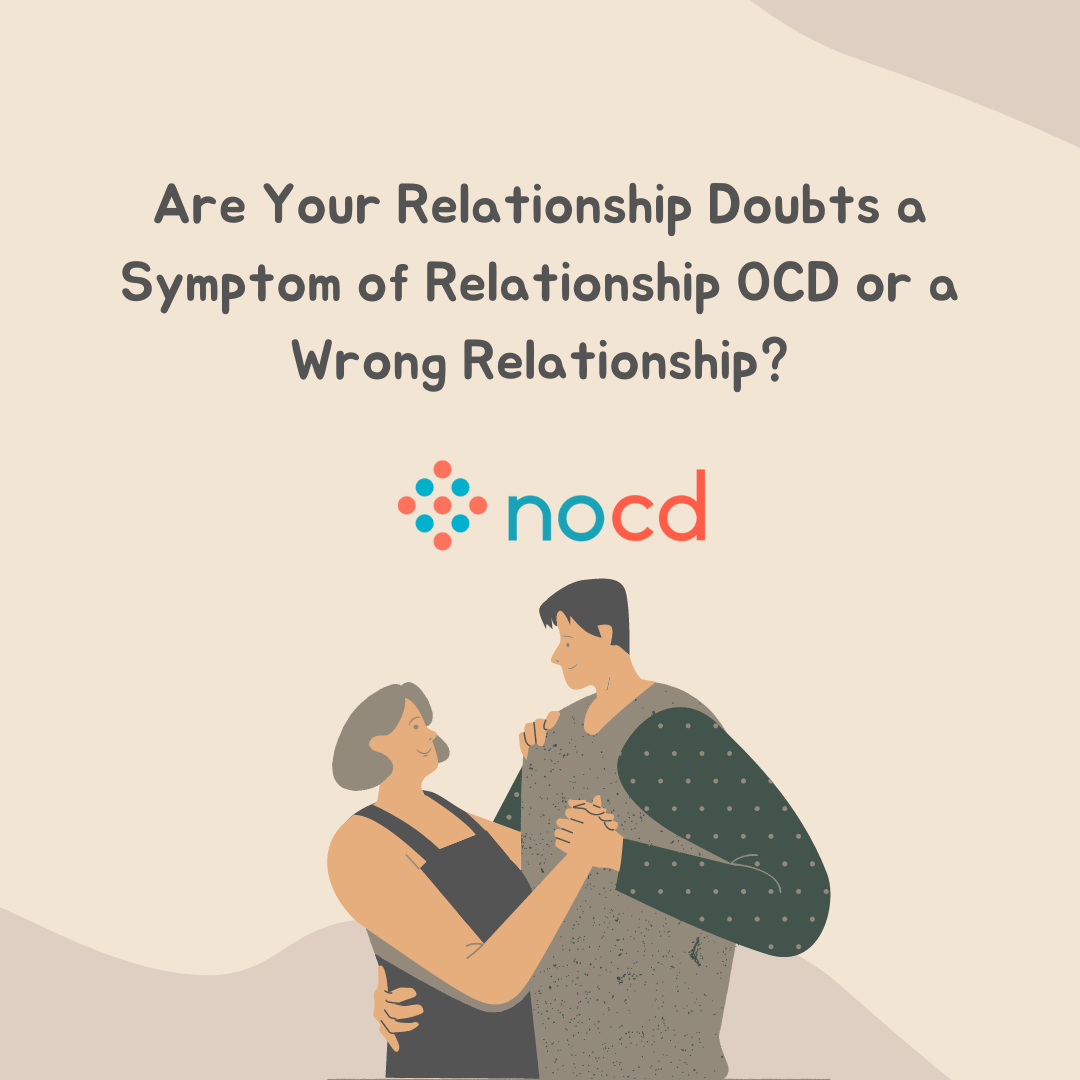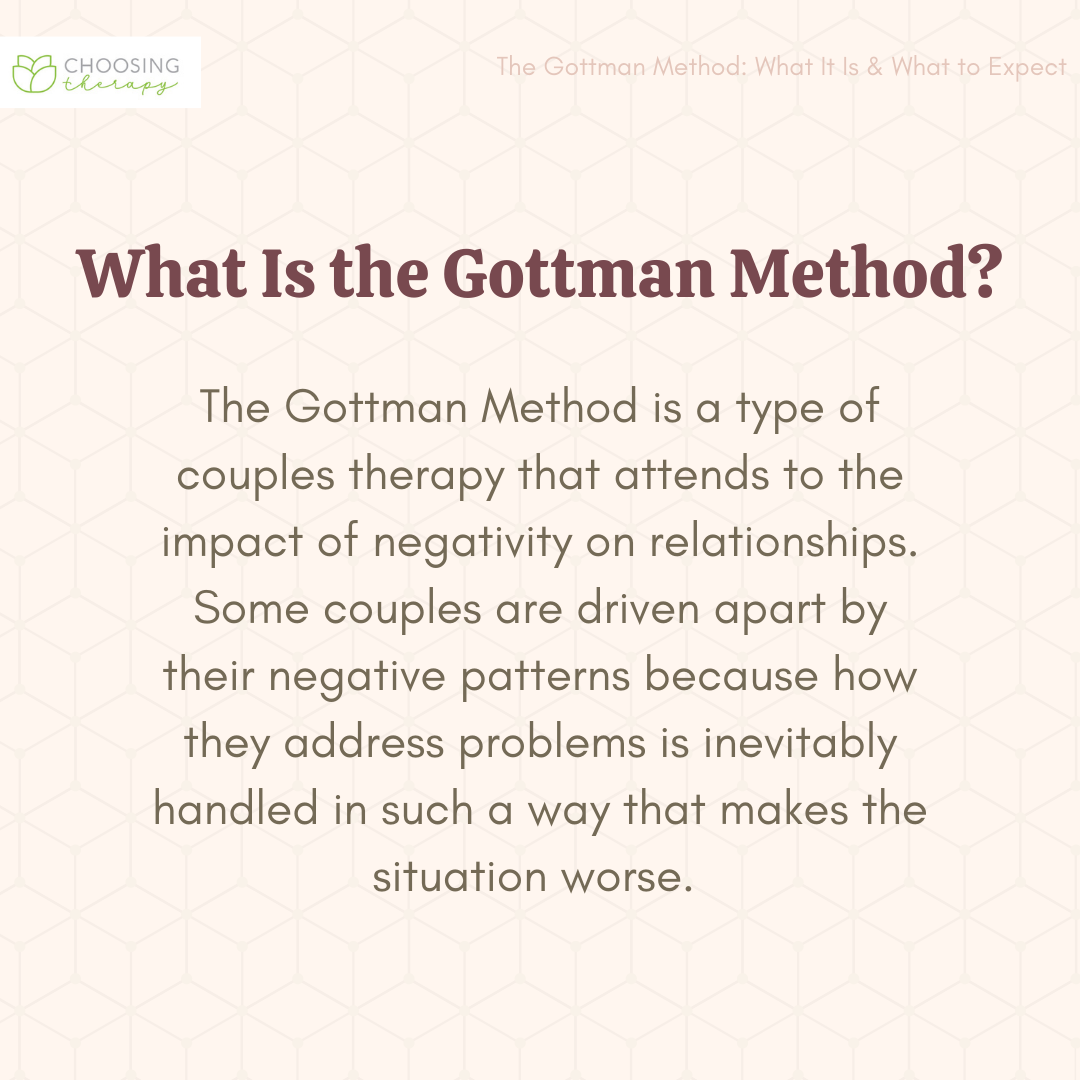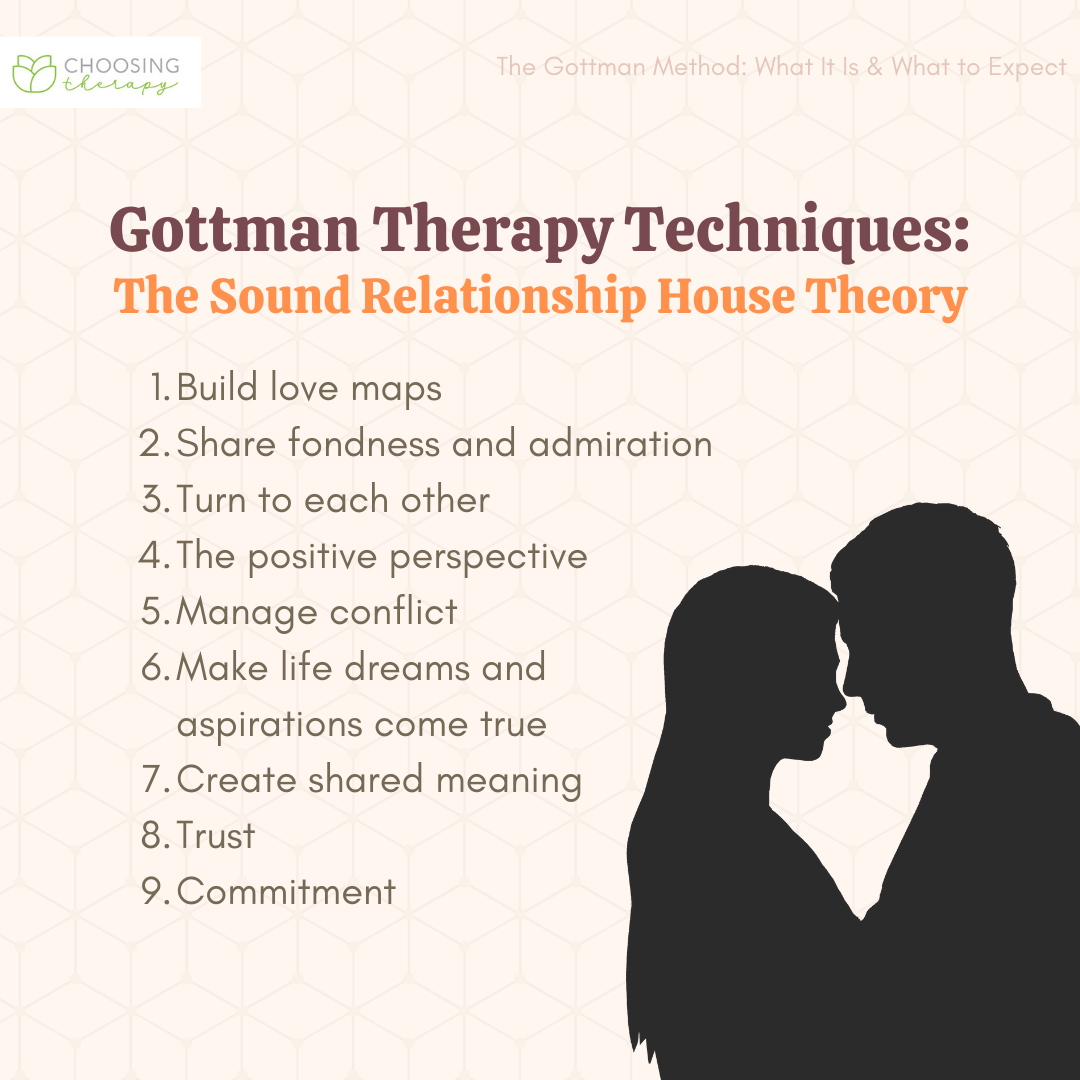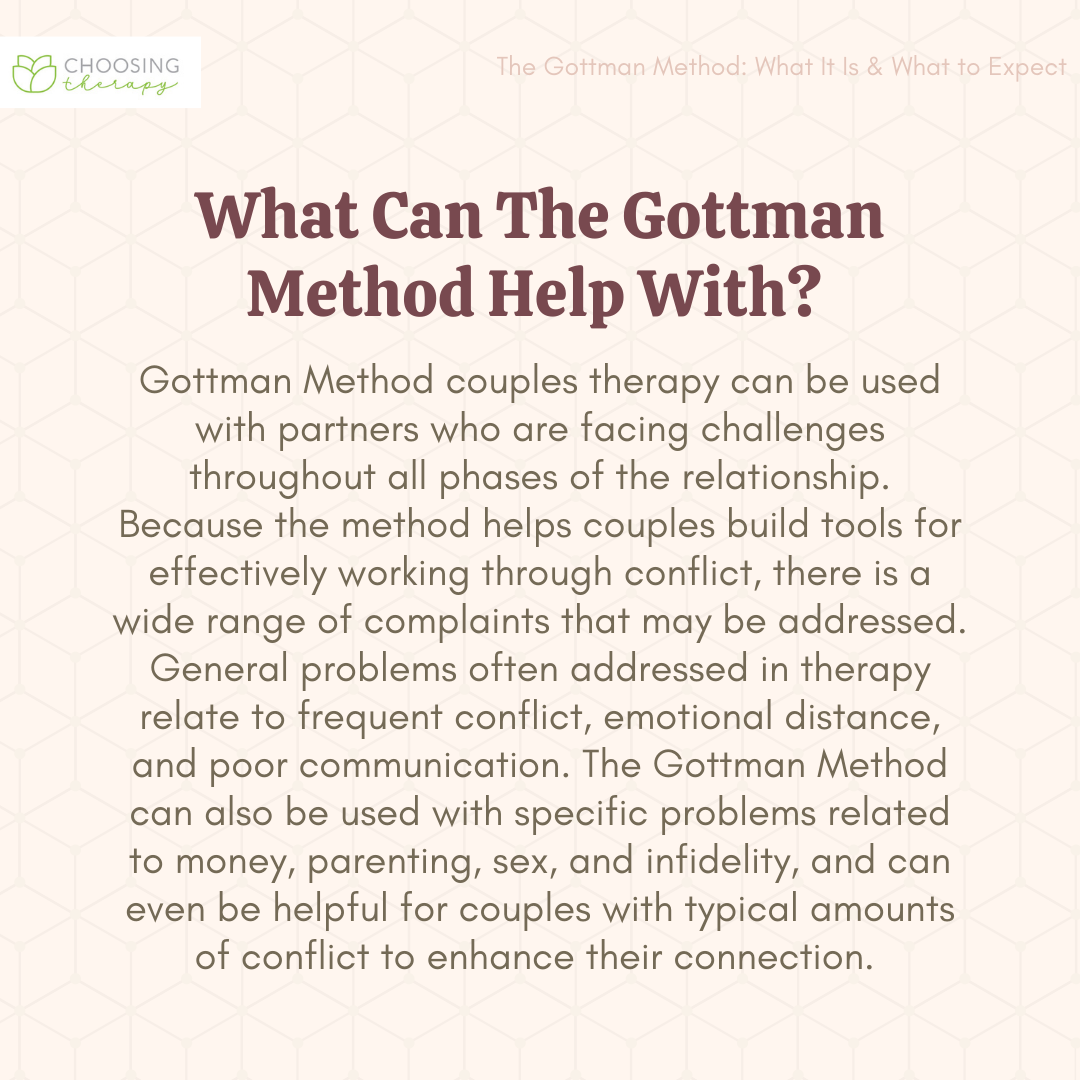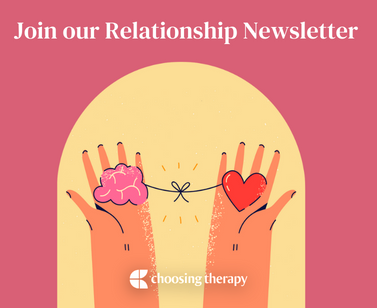Gottman Method couples therapy is a scientifically-backed, integrative approach to therapy that helps partners improve their connection by enriching friendship, bolstering tools for effective conflict management, and creating shared meaning in their life together.1,2
Before major problem areas are confronted, the couple spends time building a culture of appreciation for one another, as positive affect is seen as a crucial element of conflict resolution. The Gottman Method is a versatile approach, with methods and techniques applicable to couples facing a variety of dilemmas.
Relationships aren’t perfect. Navigate the ups and downs in therapy.
BetterHelp has over 20,000 licensed therapists who provide convenient and affordable online therapy. BetterHelp starts at $65 per week. Take a Free Online Assessment and get matched with the right therapist for you.
What Is the Gottman Method?
The Gottman Method is a type of couples therapy that attends to the impact of negativity on relationships. Some couples are driven apart by their negative patterns because how they address problems is inevitably handled in such a way that makes the situation worse. All people have natural defenses which at times inhibit their ability to effectively communicate and connect with their partners.
The Gottman Method teaches couples how to make small, positive changes in how they deal with and dialogue about problems in order to prevent further erosion to the relationship. Everyday interactions become opportunities to build quality connection. Approaching your partner with a positive orientation can lead to greater stability and empathy during arguments and otherwise upsetting situations.
Gottman Therapy Techniques: The Sound Relationship House Theory
The Sound Relationship House Theory is used as a framework to understand the underpinnings of the relationship dynamics and how the couple functions together. The home is a metaphor, with seven levels and two structural pillars that together make up the Nine Aspects of Healthy Relationships.1,2
This nine components for healthy relationships according to the Gottman Method are:
1. Build Love Maps
The foundation of the house, building love maps involves getting to know your partner’s inner world of hopes, worries, dreams, and joys. Partners attempt to increase their knowledge and understanding of one another, which builds empathy and compassion.
2. Share Fondness and Admiration
The antidote for contempt, sharing fondness and admiration reflects the amount of appreciation and respect that can be found in the relationship. Couples who engage in these small, positive interactions are more likely to problem solve effectively. To increase fondness and admiration, change your filter from looking for what your partner is doing wrong to what they are doing right.
3. Turn to Each Other
Pay attention to your partner’s bids for connection and be sensitive about how you respond. Rather than turn away from your partner, you can choose to turn toward your partner and tune in to how they express their emotional needs. When partners express concern and support for one another, they make positive deposits into an “emotional bank account.”
These first three levels of the Sound Relationship House focus on building friendship between the couple.
4. The Positive Perspective
This is an approach for problem solving and repairing after an argument by believing that your partner is your friend, not your enemy. Your therapist will assess for positive affect while observing conversations you have with your partner during sessions. Couples whose first three Sound Relationship House levels are not satisfactory may find themselves feeling “Negative Sentiment Override,” in which one perceives messages through a negative lens, even if the message was neutral or positive.
5. Manage Conflict
Couples learn about the difference between problems that can be solved and perpetual problems that will always be a part of your life. When problems are perpetual they are at risk for gridlock and the issue is not resolvable (John Gottman discovered that 69% of problems between couples are perpetual). Thus, while you cannot solve every problem, you can learn constructive ways to better tolerate tension, increase respect, and effectively manage conflict with your partner.
6. Make Life Dreams & Aspirations Come True
Positive affect can be intentionally built by incorporating fun, play, and adventure into your lives together. Therapy helps partners share their life dreams with one another and work effectively toward making dreams come true.
7. Create Shared Meaning
This level is the attic of the house. With your partner, you create meaning in the relationship through the unique rituals, roles, and symbols you share. Exploring the meaning of words such as “money,” “home,” “sex,” and “friendship” can bring a sense of purpose and intimacy to your connection, as well as deepen your understanding of one another.
8. Trust
One of two structural pillars of the Sound Relationship House, trust is knowing your partner has your back and keeps your best interest in mind.
John Gottman coined the ATTUNE acronym as a basis for fostering trust, which stands for:
- Awareness
- Turning toward
- Tolerance
- Understanding
- Non-defensive responding
- Empathy
Trust is built over a period of time and is an essential component of bolstering against conflict.
9. Commitment
Your partner is your lifelong companion, and commitment reflects that dedication as you journey through life’s ups and downs together. When you hit the low points and obstacles in your relationship, you are willing to put the work in to make it better. Commitment is the second of the two pillars of the Sound Relationship House. The two pillars provide the basis for overall relationship stability and are important components of the House.
Ready To Invest In Improving Your Relationship
OurRelationship (Free Couples Course) – OurRelationship has been proven to help couples improve communication, intimacy, and trust. 94% would recommend it to a friend. Get Started
Individual Therapy – Happy, healthy relationships start with YOU. Try online therapy and bring your best self to your relationships. BetterHelp has over 20,000 licensed therapists who provide convenient and affordable online therapy. Visit BetterHelp
Couples Therapy – Work together to restore trust and rekindle loving feelings. Video and text based couples counseling start at $50 per week. Try Online-Therapy
What Can the Gottman Method Help With?
Gottman Method couples therapy can be used with partners who are facing challenges throughout all phases of the relationship. Because the method helps couples build tools for effectively working through conflict, there is a wide range of complaints that may be addressed. General problems often addressed in therapy relate to frequent conflict, emotional distance, and poor communication. The Gottman Method can also be used with specific problems related to money, parenting, sex, and infidelity, and can even be helpful for couples with typical amounts of conflict to enhance their connection.
No matter how long you and your partner have been together and the intricate details of your concerns, the Gottman Method is likely to help improve how the two of you communicate and understand one another.
It Can Help Any Couple Ready to Be Honest & Do the Work
Gottman Method Couples Therapy is most effective when both partners have an authentic desire for the relationship to improve and have an honest attitude about what they are hoping to get out of the experience. It is used with couples of varying race, ethnicity, economic status, religion, and has been scientifically proven to be an effective treatment for same-sex partnerships.
The Gottman Method is neither difficult to apply nor a long-term therapy, but it does necessitate a commitment to the process and a receptiveness to learning new skills. If you and your partner are willing to do the work, you will gain a positive perception of your partner and find healthier ways to deal with problems as they arise in the future.
When Shouldn’t a Couple Seek the Gottman Method?
There are two instances in which the Gottman Method is contraindicated.1,2,3
- While infidelity can be addressed with this method, treatment is contraindicated when there is an on-going extra-marital affair.
- The other contraindication is the presence of domestic violence. In the presence of substance use disorder, additional specialized treatment may be recommended.
The therapist may also make a referral to a psychiatrist if there is mental health comorbidity, or to a physician if there is a suspected underlying medical issue.
The Goals of Gottman Method Couples Therapy
By working through the levels of the Sound Relationship House Theory, couples can learn to increase affection and intimacy, achieve greater levels of empathy and understanding, and more effectively problem solve.
General goals of therapy include:1,2
- Enhancing friendship: Attending to your partner’s bids for connection and effectively processing failed bids in order to restore positive regard.
- Modify existing conflict: Increasing open dialogue and compromise, repairing the relationship after an argument, and changing unhealthy communication.
- Create shared meaning: Participating in rituals that foster emotional connection and identify shared purpose in the life you’ve built together.
Your therapist will develop an individualized treatment plan with therapeutic goals for you and your partner based on the problems you identify during the assessment. The Gottman Method is structured, but not prescriptive, and therapy is guided by the needs of the couple and the issues they bring to the session.
Relationships aren’t perfect. Navigate the ups and downs in therapy.
BetterHelp has over 20,000 licensed therapists who provide convenient and affordable online therapy. BetterHelp starts at $65 per week. Take a Free Online Assessment and get matched with the right therapist for you.
Basic Concepts & Strategies of the Gottman Method
Below are basic concepts and intervention strategies that couples will likely encounter in their work with the Gottman Method:1,2,3
Accepting Influence
When you are flexible and receptive to your partner’s ideas and feelings, you are accepting their influence. Couples often get caught up in a win/lose binary when they argue. This is unhelpful because it creates power struggles and pins partners against one another like enemies. Accepting influence leads to compromise as trust and intimacy is created and resentment decreases. If you have deep understanding and compassion for your partner you are likely to have an easier time accepting influence.
Harsh Start-Up
When you begin discussions or disagreements with blame and criticism, a negative tone is set for the rest of that conversation. Gottman discovered that it only takes three minutes for the tone of the conversation to be determined,4 and thus, harsh start-up can be an extremely damaging problem. The presence of a harsh start-up can even indicate whether the relationship has potential for long term success. With the Gottman Method, couples learn strategies for replacing harsh start-up with gentle start-up alternatives.
The Four Horsemen of the Apocalypse
It is often not the presence of conflict itself that is the problem, but how the couple communicates about the conflict that causes major issues. Gottman identified four destructive communication dynamics that he called the four horsemen of relationships, which if left unchecked are proven predictors of relationship demise.
1. Criticism
Judging, blaming, or attacking your partner’s character. Global phrases such as, “You always,” and “You never,” imply that your partner is not doing something the right way. Criticism in relationships often paves the way for more damaging horsemen to follow, but it can be relieved by voicing specific needs and using gentle start-up.
2. Contempt
The most damaging of all the horsemen, contempt is present when we treat our partners as if they are inferior and regard them as worthless. Blatant disrespect, name calling, mocking, ridiculing, disgust, and meanness are all signs of contemptuous behavior. It goes far beyond criticism and leads to feelings of deep hurt and resentment if unaddressed. Building appreciation for your partner can help combat this horseman.
3. Defensiveness
Defensive partners verbally counter-attack, deny accountability, or play the role of an innocent victim. When we are defensive it often sounds as if we are making excuses for our behavior, leaving our partners to wonder if we are serious about their concerns. With the Gottman method, you will learn how to actively listen to your partner’s concerns and share responsibility for problems.
4. Stonewalling
Partners who feel overwhelmed during conversations may shut down, tune out, or refuse to talk in order to evade confrontation with their partner. Stonewalling is often preceded by flooding, a term for the physiological state of fight or flight. If stonewalling is a problem in your relationship, you can learn how to spot cues to take a break and de-escalate before the conflict escalates.
Repair Attempts
Happy couples do not possess some inherent skill that unhappy couples lack. Rather, happy couples have mastered the art of coming together after an argument to heal and repair their bond. When you make a repair attempt with your partner, you claim accountability, attempt to understand where the conversation went wrong, and realize what you can do differently next time to make the conversation more productive.
Physiological Self-Soothing
This strategy is beneficial when you need to take a break and is a particularly helpful method with stonewalling. An effective use of the break time is to engage in a calming or meditative activity, rather than dwell on the argument. When you learn to self-soothe, you create a space of mental peace and are better able to view your partner as a teammate rather than an enemy.
Connection Rituals
Rituals are positive and dependable exchanges with our partners that build connection and friendship. Couples who engage in rituals together are able to create shared meaning in their relationships. You can create rituals with your partner for holidays and special occasions, how you part ways or greet each other, and how you spend quality time together, among many others. Rituals are unique to your partnership and there is virtually no limit to the rituals that can be created and introduced into your relationship.
Relationships aren’t perfect. Navigate the ups and downs in therapy.
BetterHelp has over 20,000 licensed therapists who provide convenient and affordable online therapy. BetterHelp starts at $65 per week. Take a Free Online Assessment and get matched with the right therapist for you.
Is the Gottman Method Effective?
Evidence supports the Gottman Method as an effective method of therapy. Recent studies show:
- The Gottman Method helps people improve their relationship, intimacy, and adjustment and flexibility in the relationship.7
- The Gottman Method can help military couples by improving the relationship friendship, increase positive moods, and finding ways to make the relationship succeed.8
- The Gottman Method can help people in stressful situations. This treatment can help people with fertility issues by improving their relationship, avoiding emotional divorce, and refocus on their relationship awareness.9
What to Consider Before Getting Started
It takes two people to form a successful couple, but only one person to stand in the way, so it is crucial for each person to agree to the treatment. If someone is not engaged, therapy cannot be effective.
You should also consider your safety before starting couples therapy. If you believe therapy could increase the risk of violence or aggression, it may not be your best option. In that case, individual therapy could be a better choice.
How to Find a Gottman Method Couples Therapist
Finding a Gottman Method couples therapist may be easier than expected. Using the Gottman Directory, you can find a list of therapists near you who are offering couples therapy based on the Gottman Method. This site also displays the level of training and certification achieved by the therapist.
What to Expect at Your First Gottman Therapy Appointment
In the first session, the therapist meets with you and your partner to complete the intake assessment. The therapist’s first goal is to build rapport and gain a thorough and accurate understanding of both the problems and the strengths of the relationship.
Couples complete several questionnaires and oral interviews, from which the therapist learns about the details of the dynamics and how the relationship functions. Both partners are present for the first session, which typically lasts 90 minutes, and the second session is split into two 45-minute individual interviews with each partner.2
When couples come to therapy they often present with an array of hopeless, desperate, and frightened feelings, and so the assessment is considered to be a powerful emotional exercise. The therapist pays attention to how you and your partner interact in the here-and-now, noting things such as how the two of you are sitting, talking, touching, or looking at each other.
Once the assessment process has finished, you receive detailed feedback about your relationship and a therapeutic framework for treatment is developed, including therapeutic goals and session frequency.1,2
Phases of Gottman Method Couples Therapy
Early in the therapeutic process, armed with information gathered from the assessment about the relationship history and dynamics, the therapist ensures they understand the problems for which you and your partner are seeking help. From the assessment, the therapist learns which areas are a challenge in the Sound Relationship House.
The direction of treatment is driven from these areas, along with your specific presenting concern. In addition to learning the details about your own relationship patterns, you will also explore the essential building blocks of healthy relationship structures. Simple activities that build respect are learned first, followed by more practical skills that build effective conflict resolution, problem solving, communication, and positive affect.
In the Middle of Treatment
In this working phase of therapy, the couple is attending sessions and completing all recommended homework in and outside of the therapy room. Couples are often asked to complete homework assignments between sessions so partners can practice the concepts taught in session and, over time, maintain progress.
Throughout the therapeutic process, your therapist remains a neutral guide, who avoids keeping secrets and taking sides between partners. Once you and your partner have successfully met your therapeutic goals, the final phase of counseling, known as the termination phase, begins.
Ending Couples Therapy
The end of therapy is a time for you to bring closure to your work together by reflecting on how far you have come and identifying areas for continued growth. The work you have invested sets the stage for continued happiness in your relationship down the road.
Qualities of a Gottman Therapist
A Certified Gottman Therapist is a mental health clinician who has completed four levels of training on the Gottman Method.1,3 Level 1 training provides information on the basic principles, evaluations, and interventions from the Gottman Method. Level 2 training builds on these concepts and adds relationship dynamics, theory, assessment, treatment planning, and handling of co-occurring disorders. Level 3 training is participation in an advanced workshop where the skills of the method are practiced and refined. In level 4 training, collaboration with a senior Gottman Therapist occurs.
Once all four levels have been completed, the title of Certified Gottman Therapist has been earned. Many clinicians combine Gottman methods or interventions with their own therapeutic approach, but a practitioner can only use the title of Certified Gottman Therapist after completing the four levels of training on the method.1,3
History & Development of the Gottman Method
Gottman Method Couples Therapy was developed by Drs. John and Julie Gottman, based on decades of research with thousands of couples. John Gottman’s research began in the 1970’s and initially started with observation of interactional patterns between couples to see if qualities of happy couples could be distinguished from unhappy couples.
In 1986, Gottman created the “Love Lab,” an apartment laboratory at the University of Washington, from which some of his most influential research emerged. The laboratory was equipped with cameras which recorded the couples’ every interaction throughout their day to day routines. Gottman and his team used these videotapes and live observation to monitor how the couples talked to each other, how they argued, and how they spent time together.
Biofeedback data were collected by tracking heart rates and stress hormones of each partner during arguments or when discussing heated topics. With this research, information emerged that helps predict with over 90% accuracy which couples will remain together and which couples are likely to divorce or separate.4,5,6
The Gottman Institute
Located in Seattle, Washington, The Gottman Institute strives to empower professionals through research and practice on marriage, family, and relationships. The institute offers training to therapists on assessment and intervention techniques. For couples, the institute offers workshops and take-home material aimed at supporting troubled relationships. The Gottman Institute is committed to continuous research and training that improves the quality of relationships across couples from multiple demographics.3
Additional Resources
To help our readers take the next step in their mental health journey, Choosing Therapy has partnered with leaders in mental health and wellness. Choosing Therapy is compensated for marketing by the companies included below.
BetterHelp (Online Therapy) – Relationships aren’t easy – a licensed therapist can help. Live sessions can be done via phone, video, or live-chat. Plus, you can message your therapist whenever you want. Visit BetterHelp
Online-Therapy.com (Online Couples Therapy) – Do you and your partner want to work together to have less arguments and better communication? Are there children involved and being caught in the crossfire? Do you love each other but are having a rough time operating as one unit? Couples therapy can help. Get Started
OurRelationship (Free Couples Course) – OurRelationship has been proven to help couples improve communication, intimacy, and trust. 94% would recommend it to a friend. Get Started
Relationship Newsletter (Free From Choosing Therapy) – A newsletter for those interested in improving relationships. Get helpful tips and the latest information. Sign Up
For Further Reading
Best Online Marriage & Couples Therapy Options Marriage and couples therapy can be helpful and a worthwhile investment for couples who want to seek help with their relationship. Which online platform will work best for you will depend on what issues you want to work on, what your goals are for your relationship, the cost, and if it’s available in your state. OurRelationship - Free Relationship Course Are Your Relationship Doubts a Symptom of Relationship OCD or a Wrong Relationship? Have you ever wondered to yourself, “What if I’m not in love with my partner anymore? What if I’ve never been?” For some people, these thoughts are more than occasional. They can become constant and overwhelming, and even lead to compulsive actions like seeking reassurance to quiet them. When these thoughts and actions rise to the level of obsessive-compulsive order (OCD), they are known as relationship OCD, or ROCD.
